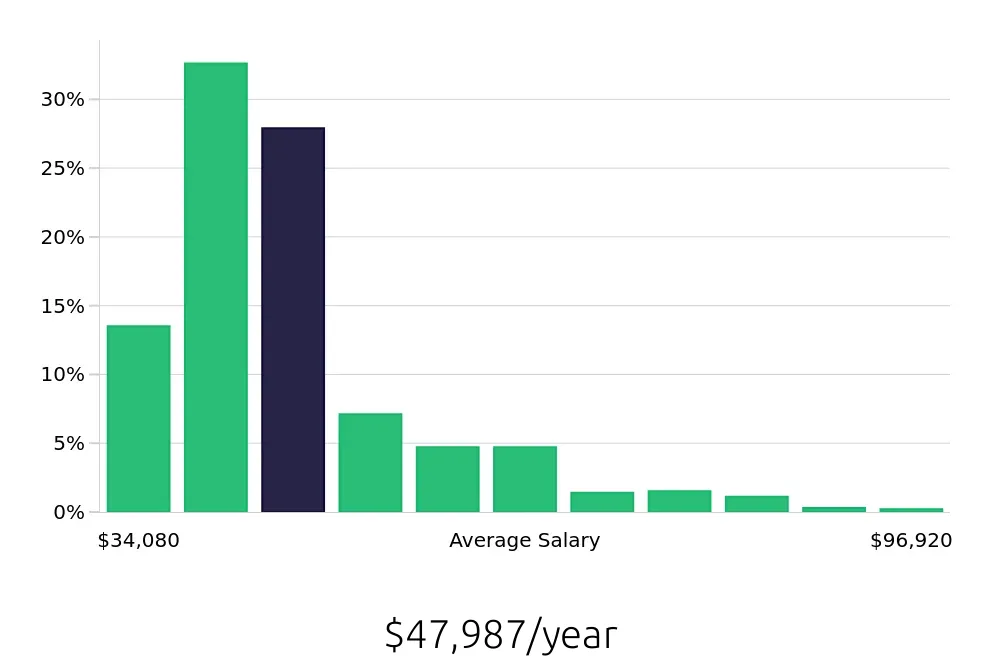Position
Overview
An applicator is a skilled professional who uses various tools and techniques to apply coatings, adhesives, sealants, or finishes to different surfaces. This role is crucial in many industries, including construction, automotive, and manufacturing. The applicator ensures that surfaces receive the correct application of material, enhancing durability, protection, and appearance. Attention to detail is key, as the job requires precision to achieve consistent results.
Responsibilities of an applicator may include preparing surfaces, measuring and mixing materials, and using equipment like brushes, rollers, or sprayers. They work closely with project managers and other workers to ensure all materials are applied correctly and on time. Quality control is essential, as applicators must inspect their work to meet high standards. They often work in teams, collaborating with others to complete projects efficiently. This role offers opportunities to learn about different materials and techniques, making it a valuable position for those interested in hands-on work.
Becoming an Applicator can open many job opportunities. This career allows a professional to apply various substances like paint, sealants, and adhesives. Companies in construction, manufacturing, and even healthcare need skilled Applicators.
Here are five steps to start a career as an Applicator:
Follow these steps to become a skilled Applicator. With dedication and effort, you can succeed in this rewarding career.
The time it takes to become an applicator can vary. Many factors play a role in this. These include the type of applicator you want to be and your background. Most applicators need some training. This training can take a few weeks to several months.
In many fields, applicators must pass exams. This shows they know the material well. Some jobs may need a certificate. A certificate proves you have the right skills. It also shows you completed a training program. For some, hands-on experience is key. Working under a professional can speed up the learning process. Experience can make a big difference. Knowing how to handle real-life situations is valuable.
We are seeking a skilled Applicator to apply coatings, finishes, or treatments to various surfaces in a precise and efficient manner. This role involves working with a variety of materials and techniques to ensure high-quality results.
Responsibilities:
Qualifications
An Applicator works in various industries, applying coatings, paints, or finishes to different surfaces. This role involves meticulous attention to detail and a steady hand. Applicators often work in construction, automotive, and manufacturing sectors. They prepare surfaces by cleaning them and apply materials using spray guns, rollers, or brushes. The work requires following safety guidelines to avoid exposure to hazardous materials.
Working as an Applicator has its benefits and challenges. Consider these pros and cons before pursuing this career path.
The role of an applicator offers a promising job outlook for those in the workforce. On average, around 2,000 new positions open each year. This steady demand reflects the importance of applicators in various industries. The Bureau of Labor Statistics (BLS) predicts a 2.1% increase in job openings from 2022 to 2032, indicating a stable career path for job seekers.
Compensation for applicators is competitive, with an average annual salary of $59,050. This figure highlights the value placed on their skills and expertise. The hourly rate stands at $28.39, offering a clear view of the earnings potential in this field. Such figures make the applicator role an attractive option for many job seekers.
When considering a career as an applicator, it is clear that the job outlook is positive. With a steady stream of job openings and competitive compensation, this role provides a reliable path for those seeking professional opportunities. For more details, visit the Bureau of Labor Statistics website.
